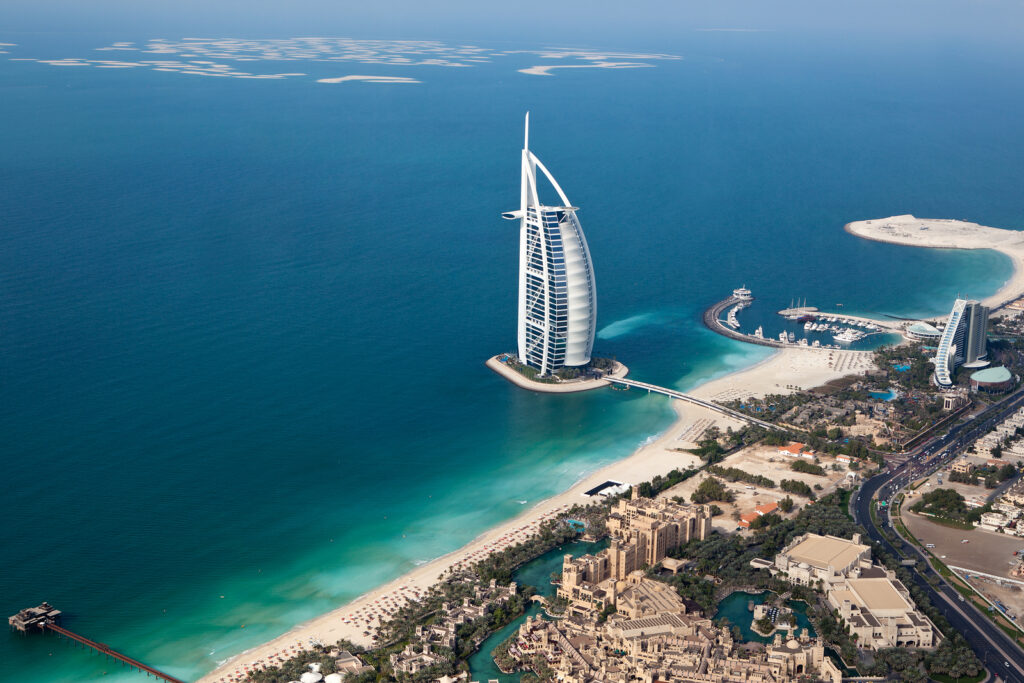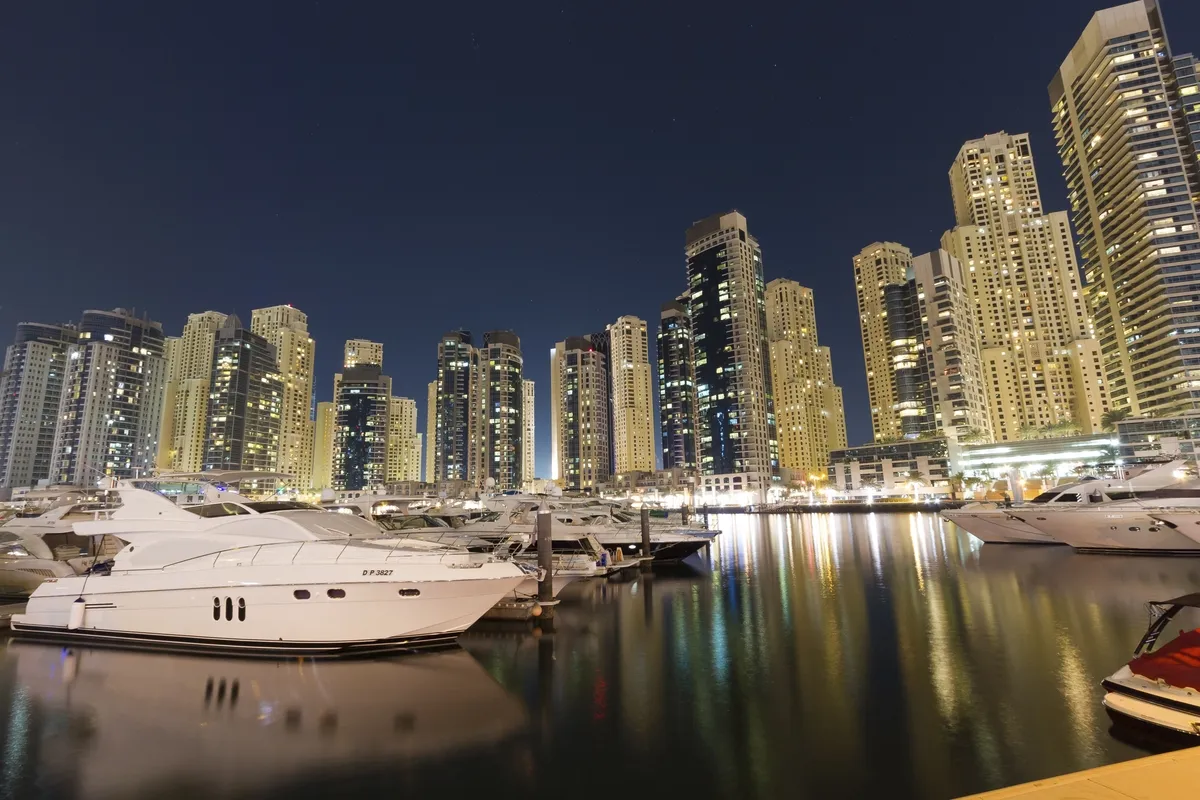Dubai, the revenue economic powerhouse of the UAE, is a global financial and commercial hub that has rapidly evolved over the past few decades. Known for its ultra-modern skyline, luxurious lifestyle, and thriving business environment, Dubai generates significant revenue from a variety of sectors. The city’s economy is multifaceted, drawing from trade, tourism, real estate, aviation, and more, all contributing to its high annual revenue. Understanding how Dubai generates its wealth provides insight into the city’s dynamic economy and the diverse industries that fuel its growth.
1. Tourism Industry: A Major Contributor
Tourism is one of the primary sectors driving Dubai’s annual revenue. In recent years, the tourism industry in Dubai has seen robust growth, attracting millions of visitors each year. In 2023, Dubai welcomed over 14 million international visitors, making it one of the top global tourist destinations. The city’s tourism revenue is driven by its world-renowned attractions such as the Burj Khalifa, Palm Jumeirah, and Dubai Mall, as well as luxury hotels, restaurants, and cultural experiences. Dubai’s strategic location also makes it a hub for business tourism, attracting corporate conferences and events.
According to recent reports, Dubai’s tourism industry generates around $30 billion in annual revenue. This is a substantial portion of the city’s overall economic output, contributing significantly to the GDP. The sector has also created jobs for thousands of residents, from hospitality workers to tour guides, making it a key component of Dubai’s labor market.
2. Real Estate and Construction: Booming Market
Real estate and construction have been central to Dubai’s economic transformation, with the sector contributing substantially to the city’s revenue. The development of iconic landmarks like the Burj Khalifa, Dubai Marina, and Expo 2020 site has attracted both foreign and local investments. Dubai’s real estate market is diverse, ranging from high-end luxury properties to affordable housing, with the demand for residential and commercial spaces constantly on the rise.
In 2023, the real estate sector in Dubai generated approximately $24 billion in revenue, with property sales and rentals driving much of this income. The city’s thriving construction industry also plays a crucial role, contributing to the development of new residential, commercial, and infrastructure projects. The real estate sector’s growth has been fueled by both domestic demand and the influx of expatriates seeking a modern lifestyle, as well as foreign investors capitalizing on Dubai’s attractive property market.
3. Aviation and Air Transport: Hub of Global Connectivity
Dubai’s aviation sector is another cornerstone of its revenue generation. With two major airports, Dubai International Airport (DXB) and Al Maktoum International Airport (DWC), the city has become a global transportation hub. Emirates Airlines, Dubai’s flagship carrier, is one of the largest and most profitable airlines in the world, connecting the city to hundreds of destinations worldwide.
In 2023, the aviation sector in Dubai generated an estimated $20 billion in revenue. Emirates Airlines alone contributed significantly to this figure, with its operations encompassing passenger services, cargo, and other related services. The aviation industry is a major driver of Dubai’s non-oil revenue, providing thousands of jobs and supporting the city’s status as a key global business center.



4. Trade and Logistics: Dubai as a Global Trade Hub
Dubai has long been a global trade hub due to its strategic location between Europe, Asia, and Africa. The city’s ports, including the Jebel Ali Port, one of the largest and busiest in the world, and its free zones, such as Dubai Free Zone and Jebel Ali Free Zone, make it a prime destination for international trade and logistics operations. The trade sector encompasses everything from re-exportation, retail, to commodities, and digital goods.
In 2023, Dubai’s trade and logistics sector contributed roughly $25 billion to the city’s economy. The city’s open market policies, favorable taxation, and efficient logistics networks have attracted multinational companies looking to set up regional operations. Moreover, Dubai’s Expo 2020 boosted trade and logistical services, leading to a temporary surge in revenue from this sector.
5. Finance and Banking: Financial Powerhouse
Dubai is home to one of the most sophisticated and advanced financial markets in the Middle East, making it a key player in global finance. The Dubai International Financial Centre (DIFC) acts as a global financial hub, offering a wide range of financial services, from investment banking to asset management, insurance, and private equity. The presence of major global banks, financial institutions, and investment firms has bolstered Dubai’s status as a financial powerhouse.
In 2023, the financial services sector in Dubai generated around $15 billion in revenue. The city’s tax-friendly environment and forward-thinking financial policies attract international investors, entrepreneurs, and businesses, driving growth in banking, real estate investment, and asset management services. Additionally, Dubai’s efforts to diversify its economy have seen the growth of fintech and blockchain businesses, contributing to the city’s expanding financial ecosystem.
6. Retail Sector: Luxury and Lifestyle Hub
Dubai’s retail sector is another significant contributor to its annual revenue. With its world-class shopping malls like The Dubai Mall and Mall of the Emirates, the city is recognized as a luxury shopping destination. The retail industry in Dubai spans fashion, electronics, jewelry, and everything in between, catering to both residents and international tourists. Dubai is also known for its massive annual shopping events, such as the Dubai Shopping Festival, which draws millions of visitors.
In 2023, Dubai’s retail sector generated around $15 billion in revenue. The growth of e-commerce and the expansion of international brands in the city have further propelled this sector. With Dubai’s reputation for luxury and high-end retail experiences, the city remains a leading shopping destination in the region.
Conclusion: A Diversified and Robust Economy
Dubai’s economy is a remarkable example of diversification, where multiple sectors work in tandem to generate significant revenue. Tourism, real estate, aviation, trade, finance, and retail each contribute billions of dollars annually to the city’s economy. Dubai’s strategic vision to embrace innovation, modernization, and a global business environment has ensured that it remains one of the most lucrative and successful cities in the world. As the city continues to expand and evolve, its revenue generation is set to remain strong across these sectors, supporting sustainable growth for years to come.
FOLLOW:https://newsroom47.com/manus-ai-harnessing-artificial-intelligence/
Newsroom 47
